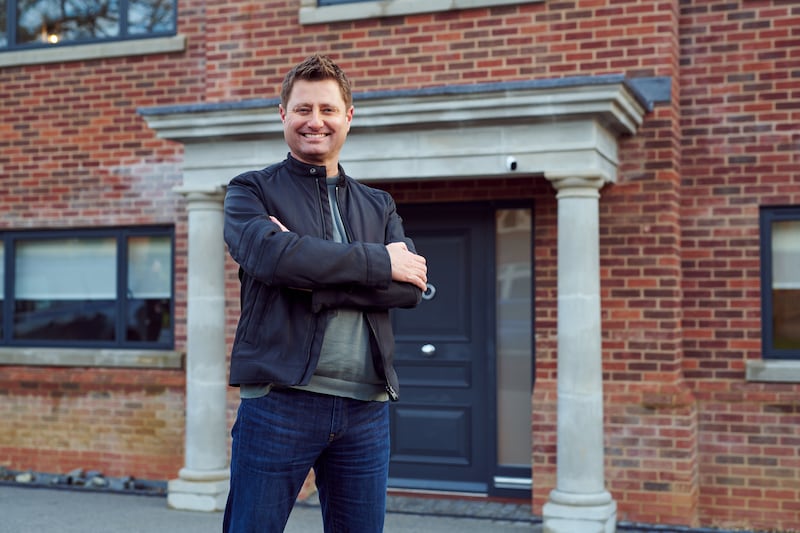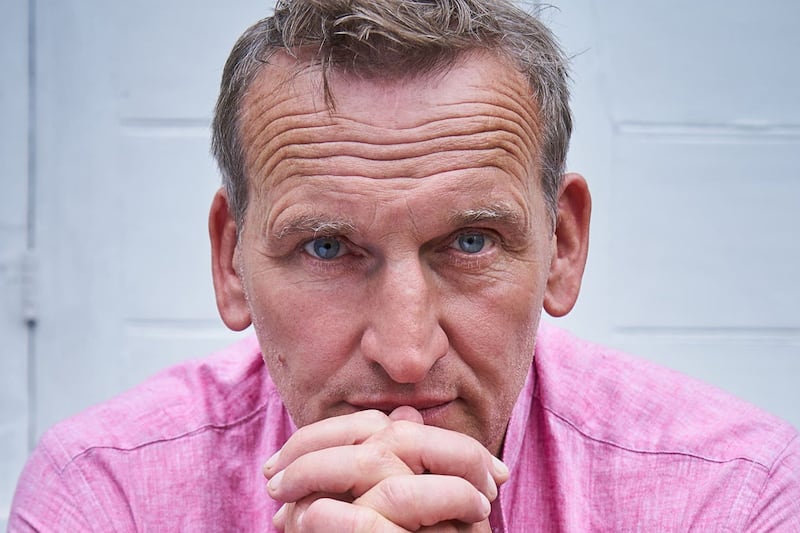A senior PSNI officer has said the controversial practice of confronting people suspected of committing sexual crimes could be “undermining” police investigations.
Detective Chief Superintendent George Clarke was speaking after a Co Antrim man took his own life days after being confronted by a group known as Silent Justice.
It has now emerged that since that incident the group has also confronted another man in Co Down accusing him of communicating with a minor over the internet.
The group describes itself a "sexual predator hunters" and a logo on its Facebook page carries the words: “We will find you - we will expose you”.
In the past the group has broadcast confrontations with people it believes to be predators live on Facebook.
Concerns have been raised about its methods since it emerged that a man took his own life after being challenged by the group at his home in Co Antrim last week.
During the exchange the man admitted to sending images of himself on an online exchange but denied he knew that the recipient was a 14-year-old girl.
It later emerged the 'girl' was in fact a Silent Justice decoy.
The man was arrested by police and released on police bail without being charged with any offence.
However, a day later he took his own life.
Speaking last night Mr Clarke, who heads up the PSNI's Public Protection Branch, said that the PSNI “carry out a range of different overt tactics" but declined to say if any were similar to those used by Silent Justice.
However, he did reveal that so far this year officers had carried out 69 searches and 43 arrests in connection with child exploitation.
He also spoke of his concern about activities carried out by groups like Silent Justice.
“All our activity is undertaken by professionals in a regulated framework,” he said.
The senior policeman said that the operations carried out by his officers provided “lawful evidence” that can be used in court, risk assessment and safeguarding as well as being “co-ordinated”.
“Groups like Silent Justice could be undermining that work”, he said.
“We are regulated because we are the accountable and legitimate police service.”
Mr Clarke also questioned the group’s tactic of live streaming confrontations on the internet and asked “what are you seeking to achieve”?
“We need facts that could be stood up in court,” he later added.
Mr Clarke said that unofficial groups are not equipped to deal with the complex range of issues that may come up and cautioned against potential pitfalls.
“If you are operating as a solo group you are not going to be able to carry out effective safeguarding,” he said.
“What happens if they confront some who is wrongfully identified, someone who is vulnerable?”








